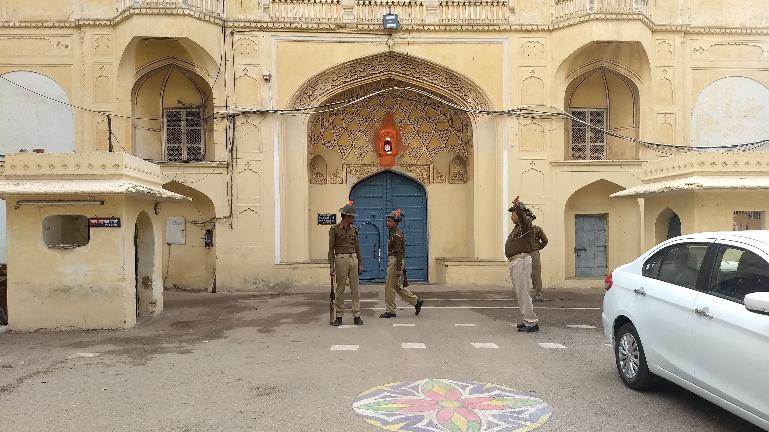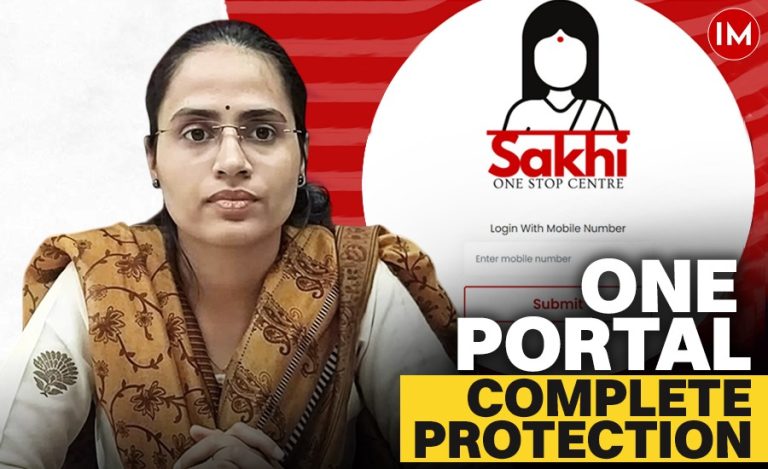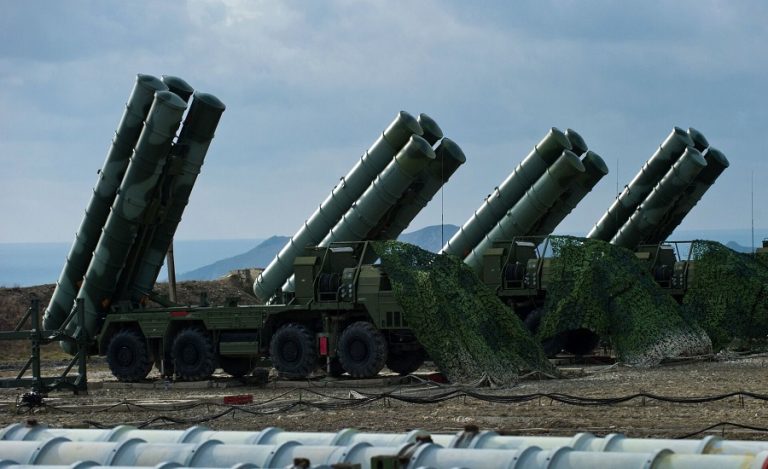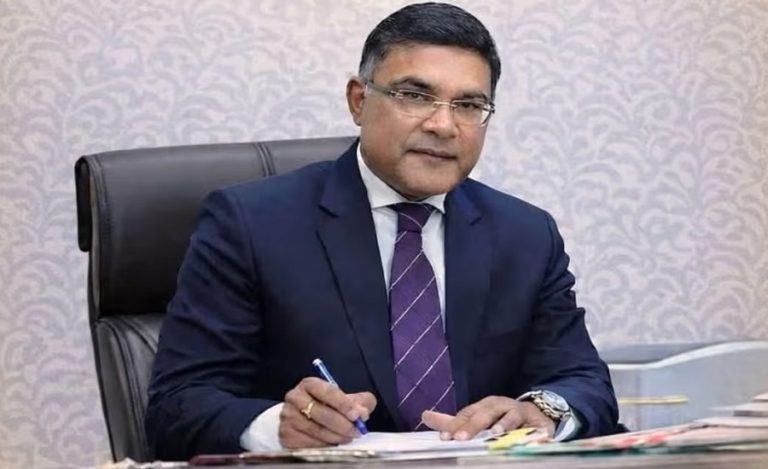Jaipur’s Central Jail is about to witness an extraordinary shift, not through stricter surveillance or harsher punishments, but through the power of meditation. IPS Rajeev Dasot, mentor of Aastha Trust and coordinator with the prison department, is championing the introduction of Twin Hearts Meditation as a structured program for inmates. This globally recognized practice, developed by Grandmaster Choa Kok Sui, has already transformed lives across the world, and now, it’s poised to do the same for those behind bars.
“This isn’t just about sitting cross-legged in silence,” Dasot explains. “Meditation has a profound impact on the mind. If an inmate can experience peace within, their actions and interactions will change naturally.”

BREAKING CHAINS OF THE MIND
Prisons are often seen as places of punishment, but for Dasot, they are also spaces for rehabilitation. In his years of service, he has witnessed the psychological toll that incarceration takes on individuals—anger, frustration, and emotional instability. With Twin Hearts Meditation, the goal is to replace negativity with clarity and calmness.
“Inmates carry a lot of emotional baggage,” Dasot shared with Indian Masterminds. “Many of them have never had the chance to process their emotions in a healthy way. Through meditation, they can channel their energy constructively instead of letting it spiral into aggression.”
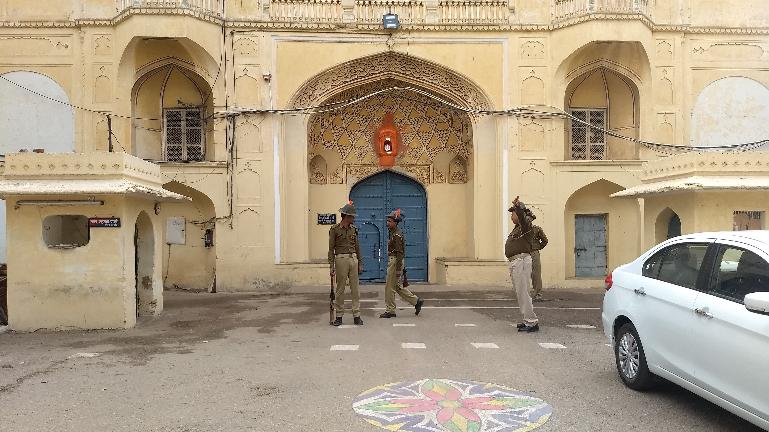
A STRUCTURED APPROACH TO INNER PEACE
The program, in collaboration with Aastha Trust, will introduce bi-monthly meditation sessions, providing inmates with tools to manage stress and anxiety. The initiative isn’t limited to just those serving sentences—prison officers, who deal with immense pressure daily, will also be trained in stress management through meditation.
The implementation plan is straightforward: certified meditation instructors will conduct 45-minute guided sessions in a designated quiet space within the jail. The impact will be tracked through feedback and behavioral analysis over a three-to-six-month pilot phase.
REHABILITATION BEYOND BARS
The vision behind this initiative extends far beyond prison walls. Meditation isn’t just a practice; it’s a mindset shift. The long-term goal is to reduce violence, improve mental well-being, and increase the chances of successful reintegration into society after release.
“Most inmates will eventually step out of these walls,” Dasot emphasizes. “If they leave with the same mindset they came in with, nothing changes. But if they learn to handle emotions better, they stand a real chance of rebuilding their lives.”
The expected impact is multifaceted:
- A calmer, more cooperative environment within the prison.
- Reduced stress and emotional turmoil among inmates.
- Improved behavior and interpersonal relationships.
- Better focus and mental clarity for prison staff.
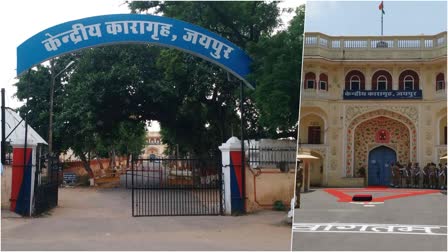
A SHIFT TOWARD HEALING
While law enforcement traditionally focuses on maintaining order, Dasot believes in addressing the root cause of unrest—inner turmoil. His advocacy for meditation isn’t about softening prison life; it’s about providing inmates with a tool that could redefine their future.
“Change doesn’t happen through force; it happens through understanding,” he reflects. “And sometimes, understanding begins with a few moments of silence.”
As the first meditation sessions roll out in Jaipur’s Central Jail, the impact remains to be seen. But one thing is certain—this initiative is not just about prison reform; it’s about human transformation. And for those who have spent years in darkness, even a small glimpse of light can make all the difference.

